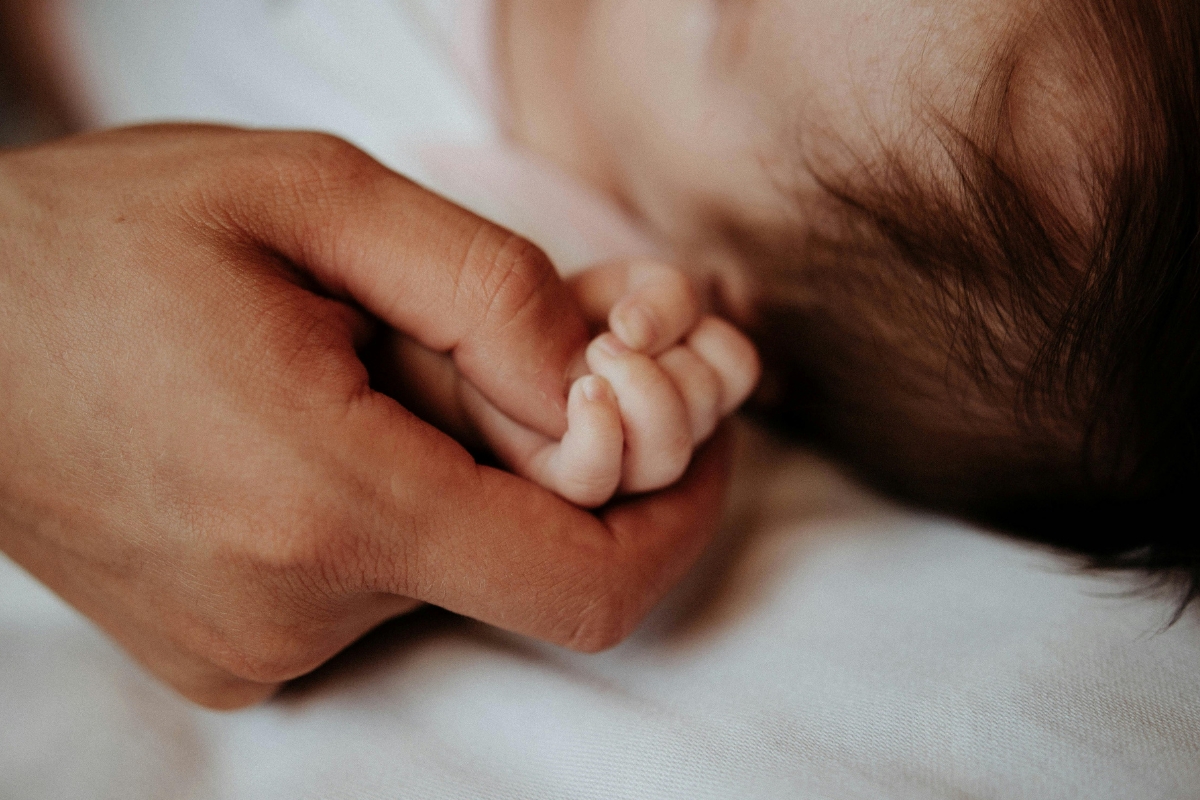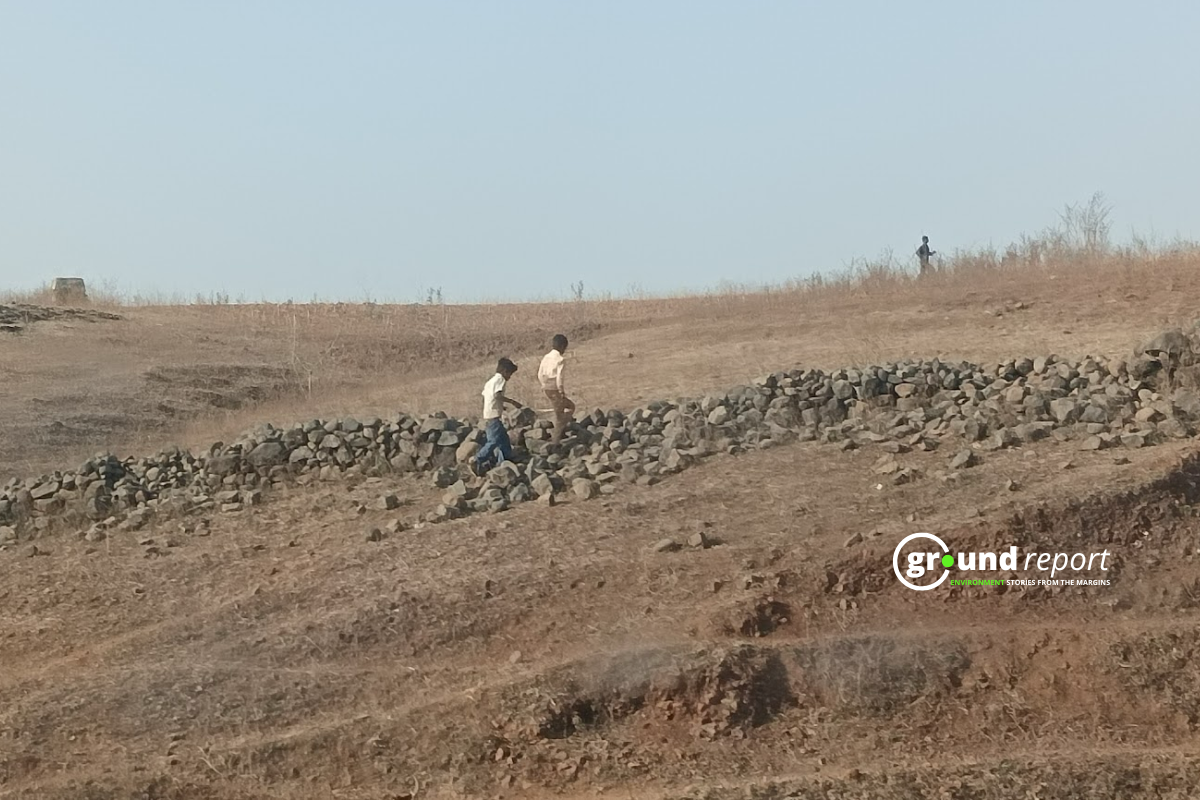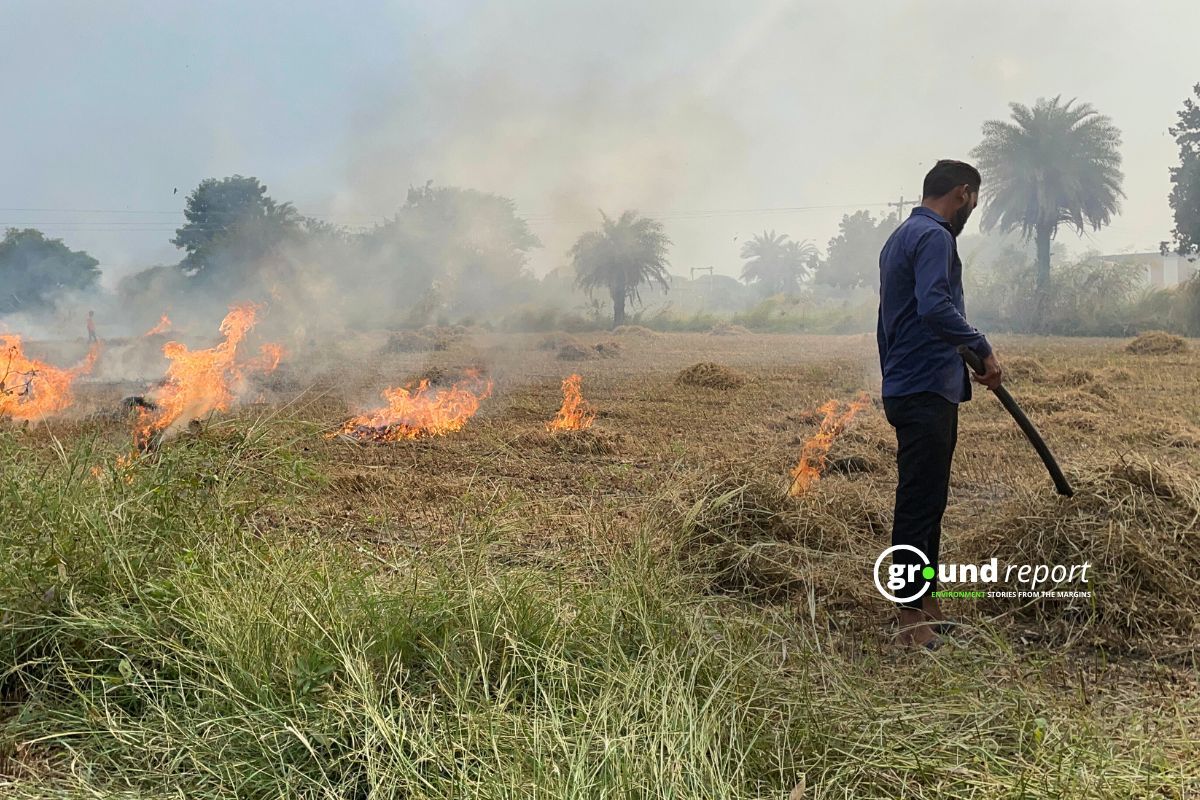U.S. doctors and scientists are investigating whether the COVID-19 virus could be causing an “unusual pattern” of rare and aggressive cancers after the pandemic.
According to a report in the Washington Post, this team of medical experts noticed evidence among their patients suggesting a potential link between COVID-19 infections and cancer diagnoses.
COVID-19 linked to rare cancers
Dr. Kashyap Patel, an oncologist in South Carolina and CEO of Carolina Blood and Cancer Care Associates, said, “I’ve been in practice 23 years and have never seen anything like this,” referring to the increase in cases he has witnessed.
Patel advocates for a national registry to analyze trends. He has collected data from dozens of his patients showing connections between unusual cancers and long COVID, which refers to lingering symptoms that can persist for months after the initial infection.
Dr. Afshin Beheshti, president of the COVID-19 International Research Team, is among those trying to solve the puzzle. With a background in cancer biology, expressed grave worry, stating, “We’re wrong. But everything is pushing toward that being the case.”
During the pandemic, Beheshti noticed cases and studies indicating that COVID-19 was causing widespread inflammation and infection in organs susceptible to cancer stem cell development. “The signals seemed to be related to early cancer changes,” he explained.
No data confirms COVID-19 has directly contributed to a spike in cancer cases, but the concerns raised by this group warrant serious attention.
Some medical experts have attributed the rise in aggressive cancers since the pandemic to disruptions in healthcare access. This includes hospitals turning away cancer patients and delays in diagnoses due to virus fears.
Doctors urge COVID-cancer link research
In this investigation, U.S.-based doctors urge the federal government to prioritize research into this potential link, due to its implications on cancer treatment and disease management.
Dr. Douglas C. Wallace, a geneticist and evolutionary biologist at the University of Pennsylvania, stated, “We are completely under-investigating this virus.”
Wallace, currently investigating how COVID-19 may affect cell energy production and cancer vulnerability, warned, “The effects of repeatedly getting this throughout our lives will be more significant than people think.”
He added, “Most governments don’t want to think about long COVID, let alone long COVID and cancer, echoing the call for more resources and attention. It cost them so much to deal with COVID, so there’s very little funding for the virus’ long-term effects. I don’t think that’s wise.”
The link between COVID-19 and cancer is hypothetical, but this research aims to clarify potential mechanisms.
Other studies are sequencing the gene profiles of cancer patients who died from COVID-19 to identify patterns or clues, in addition to Wallace’s work on cell energy production. Researchers at the University of Colorado are investigating whether the virus can reawaken dormant cancer cells in mice.
In an April preprint report, the Colorado team found that mice who survived cancer developed more cancer cells in their lungs after being infected with SARS-CoV-2 or the influenza virus.
Dr. Ashani Weeraratna, a professor at the Johns Hopkins Bloomberg School of Public Health, stated that the findings of the Colorado study are important and consistent with research on the immune system’s role in activating dormant cancer cells. However, she also emphasized that the results should be interpreted with caution since studies in mice often do not directly translate to humans.
Weeraratna emphasized that the research on potential links between COVID-19 and cancer does not extend to the COVID-19 vaccines, contrary to misinformation spread by anti-vaccine groups.
Weeraratna highlighted an important public health takeaway: “Reducing infection risk may be crucial for cancer patients,” regardless of the findings.
Measures adopted by vulnerable patients early in the pandemic, such as wearing masks, avoiding crowded places, and getting vaccinated, are crucial in reducing potential cancer risks, based on emerging research.
Studies suggest viruses and cancer link
Studies have hinted at a link between viruses and cancer. In 2021, researchers from the University of Arkansas for Medical Sciences reported that SARS-CoV-2 proteins fueled the replication of a cancer-causing herpesvirus. Other studies implicated the coronavirus in stimulating dormant breast cancer cells.
The lack of definitive data on the potential link between COVID-19 and cancer is puzzling experts as evidence mounts.
Most governments avoid addressing long COVID and cancer. It cost them so much to deal with COVID. There is very little funding for the long-term effects of the virus,” Wallace lamented, suggesting that policy choices, rather than scientific challenges, may be hindering progress.
Dr. Patel is conducting his own research into an ‘unusual pattern’ of cancers. He was driven by witnessing patients – especially younger ones – succumb to the disease at alarming rates.
Patel is collecting data from his patients to find potential correlations between long COVID markers and unusual cancer diagnoses. He has logged over 15 patients with multiple cancers, 35 with rare cancers, and 15 couples diagnosed with new cancers since the pandemic began in 2020.
Unprecedented multiple cancers, unlikely causes
A 78-year-old man, Patel’s patient, was diagnosed with three separate cancers – throat, liver, and lung – within a year, despite no family history or genetic predisposition. Similarly, a couple in their 70s, Bob and Bonnie Krall, endured three different types of cancer between them within 14 months, an exceedingly rare occurrence.
Patel acknowledges uncertainty about how COVID-19 antibodies in his patients’ blood relate to cancer risk. He theorizes that repeated coronavirus infections could be cumulative, potentially exacerbated by pandemic-related stress and inflammation.
Patel believes doctors could identify high-risk patients, start earlier screenings, and prescribe anti-inflammatory drugs preventively if a definitive link is established.
The group investigating the potential COVID-cancer connection is urging a coordinated and well-funded research effort.
They argue that the stakes are high to ignore the signals they are observing, with potential implications for cancer treatment and management.
“Patel implored, ‘We must urgently investigate the long-term effects of this virus. Their health and lives may depend on it.”
Concerned experts are determined to find answers in the face of a medical enigma, even if the path ahead is uncertain. They believe leaving no stone unturned is the only acceptable course of action for the sake of cancer patients.
Keep reading
Follow Ground Report for Environmental News from India. Connect with us on Facebook, Twitter, Koo App, Instagram, Whatsapp and YouTube. Write us at GReport2018@gmail.com and subscribe to our free newsletter.
Don’t forget to check out our climate glossary, it helps in learning difficult environmental terms in simple language.









